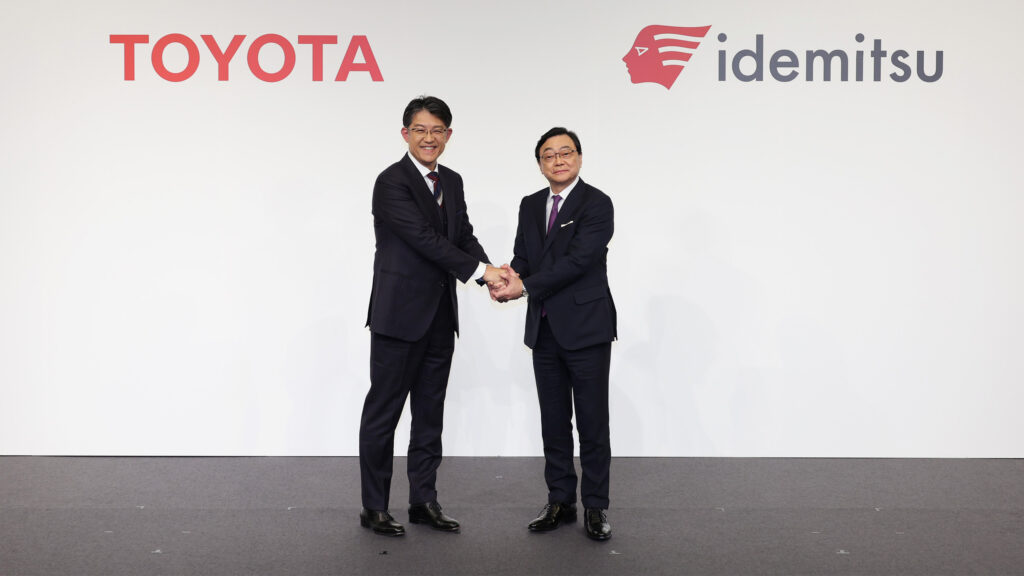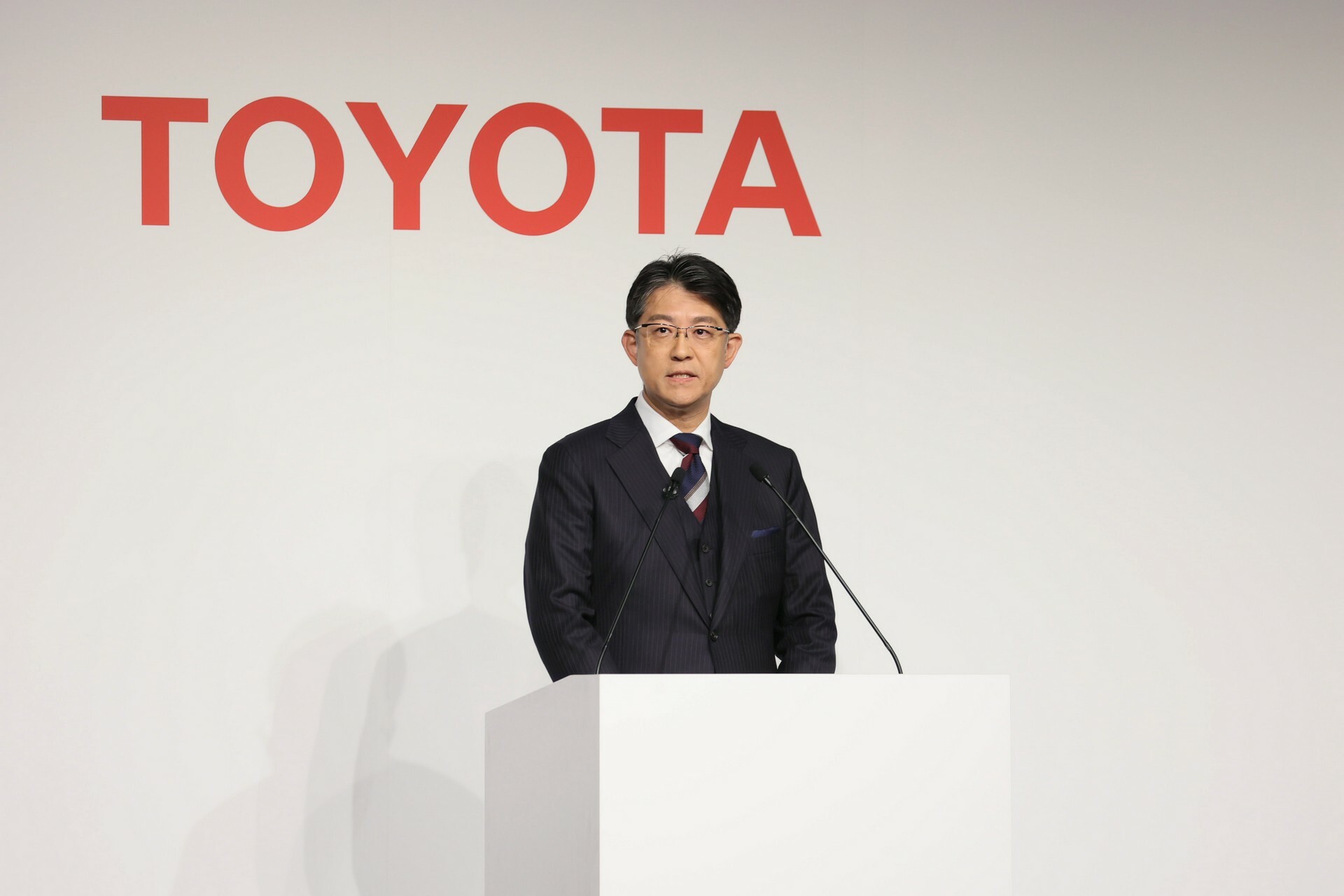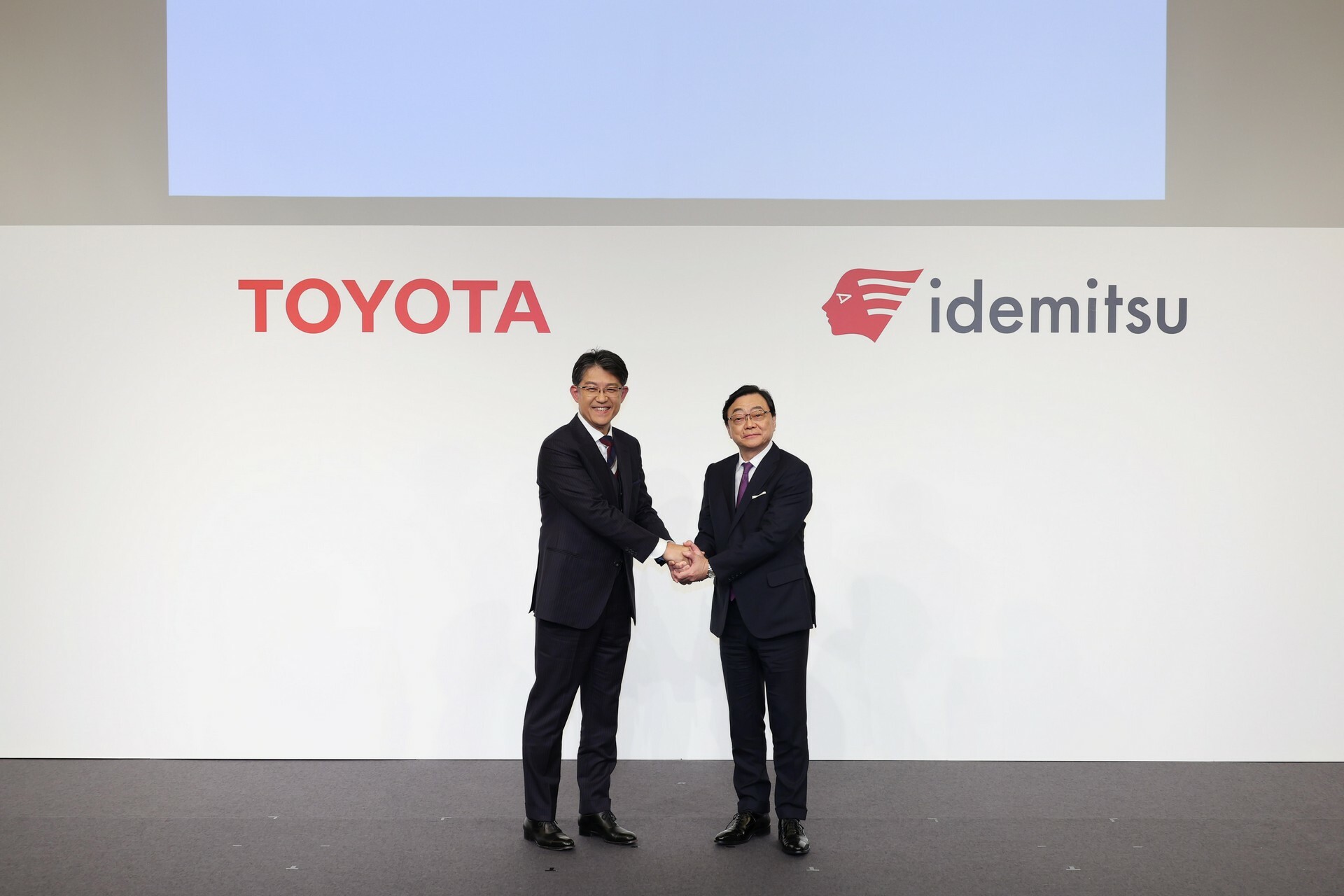Toyota has joined forces with Japanese oil producer Idemitsu Kosan to develop and produce solid-state batteries to be used in future battery-electric vehicles. The two companies hope to reach commercialization of solid-state batteries in 2027-2028 prior to commencing mass production.
Idemitsu says it has been conducting research and development on the elemental technologies for solid-state batteries since 2001 while Toyota has been doing the same since 2006. The two companies are currently focusing on sulfide solid electrolytes that are considered a good option to achieve the high capacity and output required by a BEV.
The collaboration between Toyota and Idemitsu Kosan will be split into three phases. The first phase will see the companies work to improve the quality, cost, and lead times of sulfide solid electrolytes while the second phase will involve the construction of a large pilot facility operated by Idemitsu. This facility will start to manufacture the sulfide solid electrolyte and obtain the necessary technologies for mass production. Toyota will then work to ensure market launch of BEVs with all-solid-state batteries in 2027-28.
Read: Toyota Confirms Next-Gen Battery Tech, Promises 621-Mile Range By 2027 With More To Come
Phase three will study the future of full-scale mass production and commercialization of solid-state battery technology.
Idemitsu has been developing lithium sulfide as an intermediate material using by-products generated while refining petroleum. The company says that it and Toyota will “contribute to global carbon neutrality” with the new solid-state battery.
“A longstanding technical issue has been that repeatedly charging and discharging the battery causes cracks between the cathodes and anodes and the solid electrolytes, degrading battery performance,” Toyota president and chief executive Koji Sato described in a statement. “Since 2013, our partner in working together to solve this issue has been Idemitsu, which was one of the first companies to conduct the development of elemental technologies for solid-state batteries. One such elemental technology is a highly flexible, adhesive, and crack-resistant solid electrolyte. Through repeated trial and error and by combining the material technologies of both companies, we have been able to develop a crack-resistant material that demonstrates high performance.”










